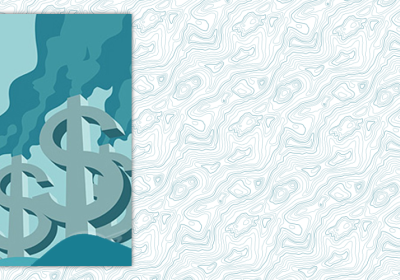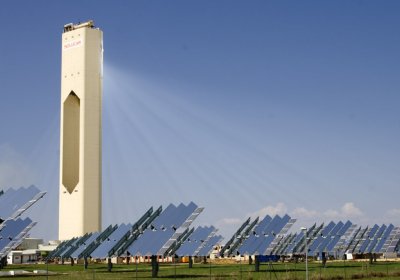873
This video is from a protest by homeless people on 14-4-11 in response to plans by the state government to sweep homeless people off the street during the October CHOGM summit.
Legal action was launched on March 16 against Wisconsin’s Republican lawmakers in an attempt to repeal the anti-union bill that was signed into law on March 11. The law bans collective bargaining for most public sector workers in Wisconsin. Associated Press reported on March 16 that a legal challenge was mounted by Dane County district attorney Ismael Ozanne. AP said: “Democrats in the Wisconsin Assembly had alleged that Republican leaders did not give enough public notice that a committee planned to meet to amend the bill.”
The ability of real politics to focus debate is impressive. The climate movement has long debated what policy mechanisms can best combat climate change.
- Page 1
- Next page






